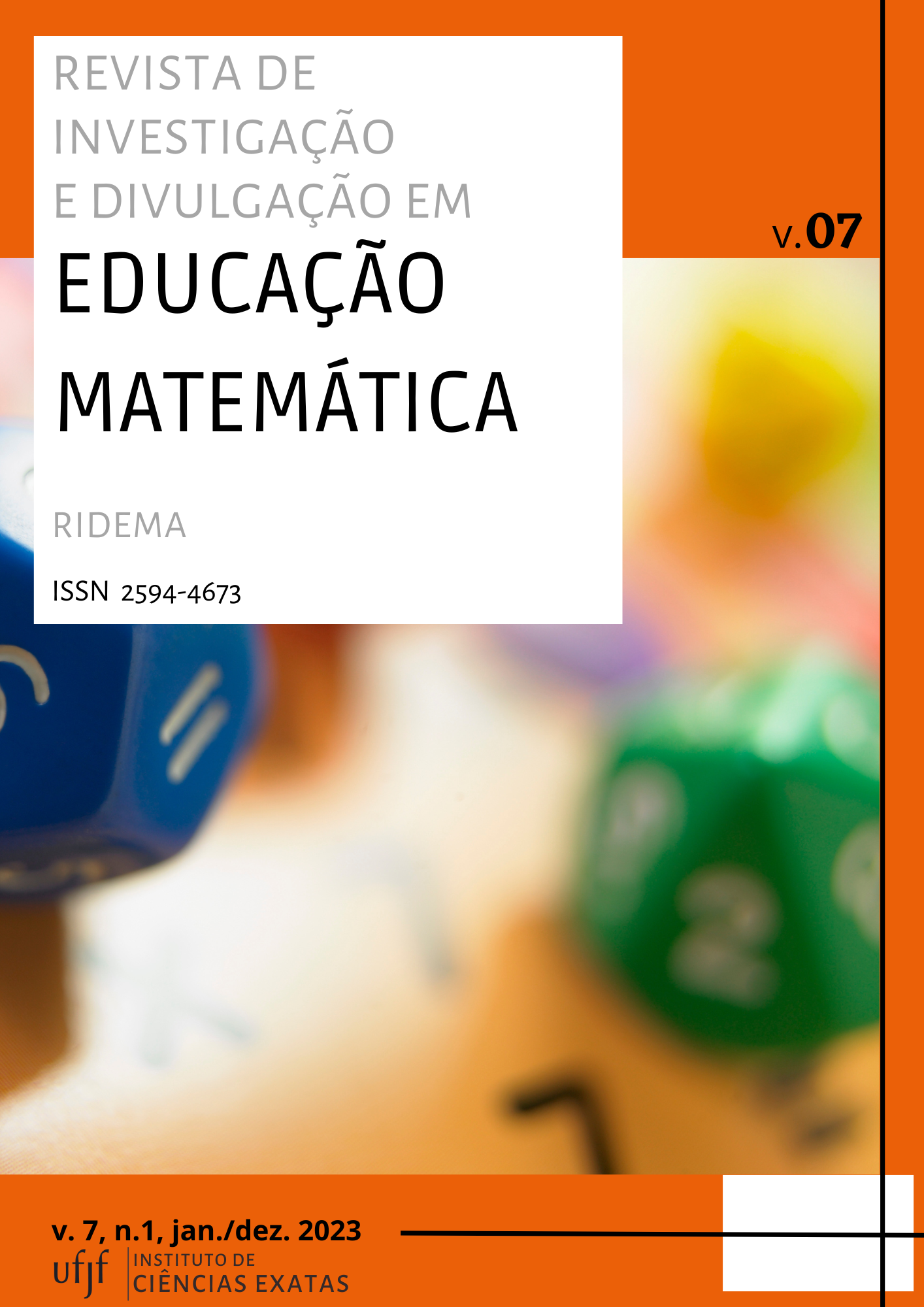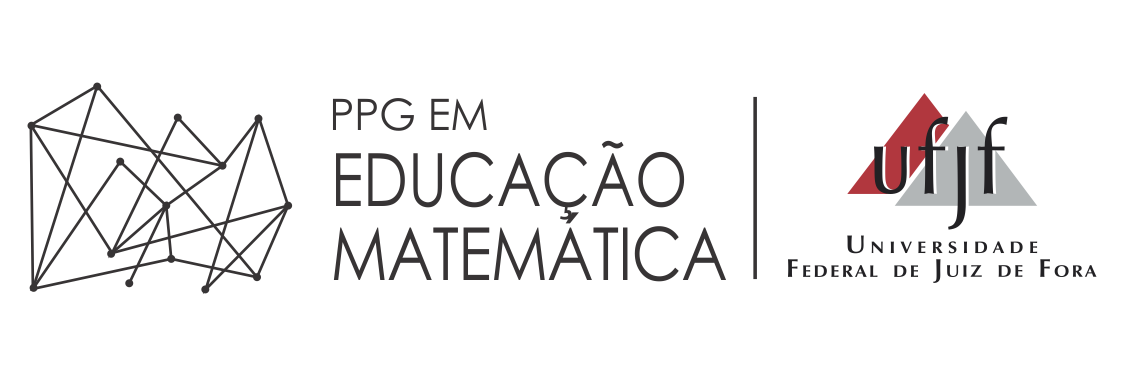Mathematics Education and Science
DOI:
https://doi.org/10.34019/2594-4673.2023.v7.38525Keywords:
Dialectical Historical Materialism, Philosophy of Science, Education, Mathematics Education, UndisciplinarizationAbstract
Initially, we questioned whether Mathematics Education could be considered a science. From this point on, we delved into authors in the History and Philosophy of Science, especially Patricia Fara, Maria Andery, and Alan Chalmers, to learn what they say on the subject. We looked at the great classics of history and the ways in which they presented their achievements to humanity, from Egypt and Babylon, through ancient Greece and, above all, with its zenith with the arrival of knowledge in Europe, when it became globalized and universalized. Alan Chalmers, in turn, is summoned, with his categorizing formulations, in the field of Philosophy of Science, critical reading, raising pillars and knocking them down one by one, starting from the contradictions in their own terms. We approached two of Chalmers' critical texts, likewise, by Antonio Miguel, and his edifying conceptual proposal of undisciplinarization, which we consider revolutionary. In the end, we provide answers, regarding our inquiries, based on the conclusions of our two main authors, Chalmers and Miguel.
Keywords: Dialectical Historical Materialism; Philosophy of Science; Education; Mathematics Education; Undisciplinarization.
Downloads
Metrics
References
ANDERY, M.A. (Org.) et al. Para Compreender a Ciência: uma nova perspectiva histórica. 4. ed. Rio de Janeiro: Garamond, 2014.
CHALMERS, A.F. O que é ciência afinal? São Paulo: Brasiliense,1993.
FARA, P. Uma Breve História da Ciência. São Paulo: Fundamento, 2014.
IGLIORI, S.B.C (Org.) et al. A educação matemática: breve histórico, ações implementadas e questões sobre disciplinarização. Revista Brasileira de Educação, n. 27, dez/2024, p. 70-93.
KUHN, T.S. A Estrutura das Revoluções Científicas. 13. ed. Rio de Janeiro: Perspectiva, 2017.
LAVE, J. A Selvageria da Mente Domesticada. Revista Crítica de Ciências Sociais. Berkeley, n. 46, out/1996, p. 109-134.
MARCONI, M.A.; LAKATOS, E.M. Fundamentos de Metodologia Científica. 8. ed. São Paulo: Atlas, 2017.
MIGUEL, A. Dialogar é preciso, mas...com formas de vida, não com disciplinas...pois, viver, precisa ser preciso... Mesa de Abertura do 6º. Florianópolis, SC: ENAPHEM, nov/2022, (mimeo)
MIORIM, M.A. Introdução à História da Educação Matemática. São Paulo: Atual, 1998.
PITOMBEIRA, J. O que é a Educação Matemática? TEMAS & DEBATES. Rio Claro, SP: Sociedade Brasileira de Educação Matemática – SBEM, ano IV, n. 3, 1991.
PLEKHANOV, G. A Concepção Materialista da História. 7. ed. São Paulo: Paz e Terra, 1987.
RUSSEL, B. História do Pensamento Ocidental: a aventura dos pré-socráticos a Wittgeistein. Rio de Janeiro: Ediouro, 2001.
SANTOS, B.S (Org.) Conhecimento Prudente para uma Vida Decente: “Um Discurso Sobre as Ciências’ revisitado. São Paulo: Cortez, 2004.
TRIVIÑOS, A.N.S. Introdução à Pesquisa em Ciências Sociais: a Pesquisa Qualitativa em Educação. São Paulo: Atlas, 1987.
ZIZEK, S. Como Marx Inventou o Sintoma? In: ZIZEK, S. et al. Um Mapa da Ideologia. Rio de Janeiro: Contraponto,1996.



























